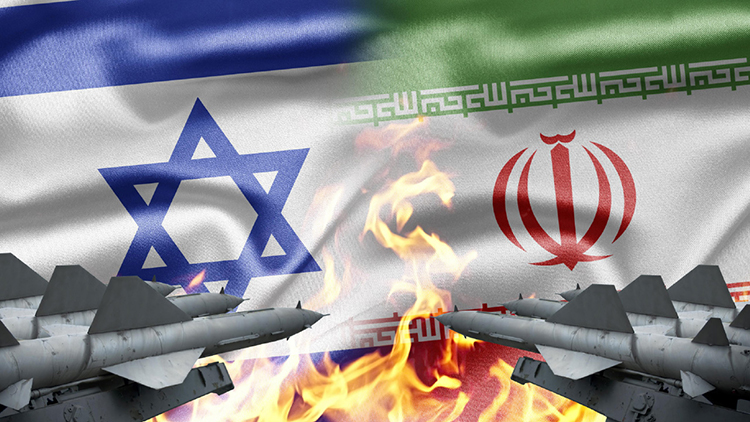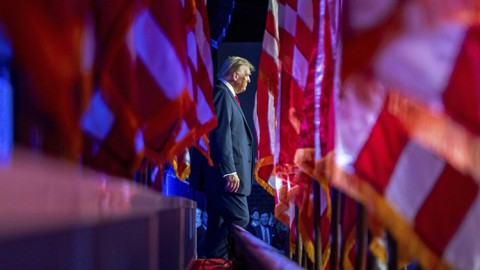The recent assassination of Ismail Haniyeh, the political chief of Hamas, in Tehran has sharply escalated tensions between Israel and Iran. This event, coupled with the killings of several Hezbollah figures, has created a dangerous situation in the Middle East, where the possibility of an Iranian retaliatory strike looms large. The potential for such an action raises concerns about a broader regional conflict that could involve multiple actors across the region.
Israel’s Actions and Regional Tensions
The death of Haniyeh is widely attributed to an Israeli operation, part of a broader campaign against Iran and its allied forces across the Middle East. This campaign has seen a significant escalation in recent months, with Israel conducting devastating attacks on Gaza, resulting in the deaths of over 40,000 Palestinians, and targeting key figures within the “axis-of-resistance” – a network of pro-Iranian entities opposed to U.S. and Israeli influence in the region. Since October 7, at least 39 commanders or senior members of this alliance have been killed by Israel.
The assassination of such a high-profile figure like Haniyeh in the heart of Tehran represents a serious breach of Iran’s internal security and has undoubtedly embarrassed the Iranian government. The reaction from Tehran has been a mix of public vows of revenge and private caution, as Iranian officials weigh the risks of a direct military confrontation with Israel.
Iran’s Calculated Response
Iran’s initial response to the assassination was to threaten a “devastating” retaliation against Israel. However, this rhetoric has since been tempered. Iranian officials, including those from the Islamic Revolutionary Guard Corps (IRGC), have indicated that any response will be carefully considered, with timing and tactics that may not be immediate. Brig. Gen. Ali Mohammad Naeini, an IRGC spokesman, noted that “time is at our disposal,” suggesting that Iran might take its time before taking action.
This cautious approach is likely influenced by Iran’s current internal challenges. The country is grappling with significant economic difficulties and a delicate political situation following the recent election of a new reformist president, Masoud Pezeshkian. His administration, still in its early days, is focused on addressing domestic issues, particularly the economy, and a full-scale conflict with Israel could undermine these efforts.
Despite the public declarations of revenge, Iran’s private messaging to its allies, including various militias across the region, has been more restrained. Tehran has urged these groups to show restraint, balancing the need to demonstrate strength with the desire to avoid triggering a broader tangible war.
Strategic Considerations
The cautious stance taken by Iran is reminiscent of the aftermath of the U.S. assassination of Iranian General Qasem Soleimani in 2020. At that time, Iran’s Supreme National Security Council reportedly considered 13 different “revenge scenarios,” but ultimately chose a measured response that avoided a full-scale war with the United States. This strategic patience suggests that Iran is well aware of the risks associated with an immediate and forceful retaliation, particularly when dealing with a powerful adversary like Israel.
The situation in Gaza further complicates Iran’s decision-making process. The ongoing conflict between Israel and Hamas adds another layer of complexity. Israeli officials have made it clear that they intend to achieve their objectives in Gaza, which include neutralizing the threat posed by Hamas. This has left Iran in a position where it must carefully consider its next move, knowing that any action it takes could have far-reaching consequences for the region.
Retaliation Scenarios
Given the current landscape, several scenarios could unfold in the coming weeks and months as Iran contemplates its response to the assassination of Haniyeh.
Prolonged, controlled conflict is one of these scenarios where Iran may opt for a prolonged and controlled conflict, leveraging its “axis of resistance” allies, such as Hezbollah in Lebanon and the Houthis in Yemen, to apply pressure on Israel. This approach would allow Iran to respond without escalating into a full-scale war, maintaining a level of deniability and avoiding direct confrontation.
Coordinated regional attack is another possibility where Iran may launch a coordinated regional attack involving multiple actors within the axis of resistance. This could include missile strikes or asymmetric warfare tactics aimed at Israeli targets, designed to send a strong message without provoking a full-scale Israeli military response.
However, some analysts are convinced that Iran might choose to exercise strategic patience, waiting for an opportune moment to carry out targeted strikes against Israeli interests, possibly outside the immediate region. This could involve cyberattacks, covert operations, or other forms of non-conventional warfare that allow Iran to inflict damage while minimizing the risk of a broader conflict.
Iran could also engage in diplomatic maneuvering, using its influence over various proxies to apply pressure on Israel indirectly. This could involve ramping up support for Palestinian groups in Gaza or encouraging Hezbollah to increase its activities along the Israeli-Lebanese border, all while avoiding direct Iranian involvement.
As tensions between Iran and Israel continue to rise, the Middle East stands at a critical juncture. Iran’s response will likely be shaped by a combination of strategic considerations, internal challenges, and the broader geopolitical landscape. Whether through a measured, controlled conflict or a more forceful response, Iran’s actions in the coming months will be crucial in determining the future of stability in this region.







